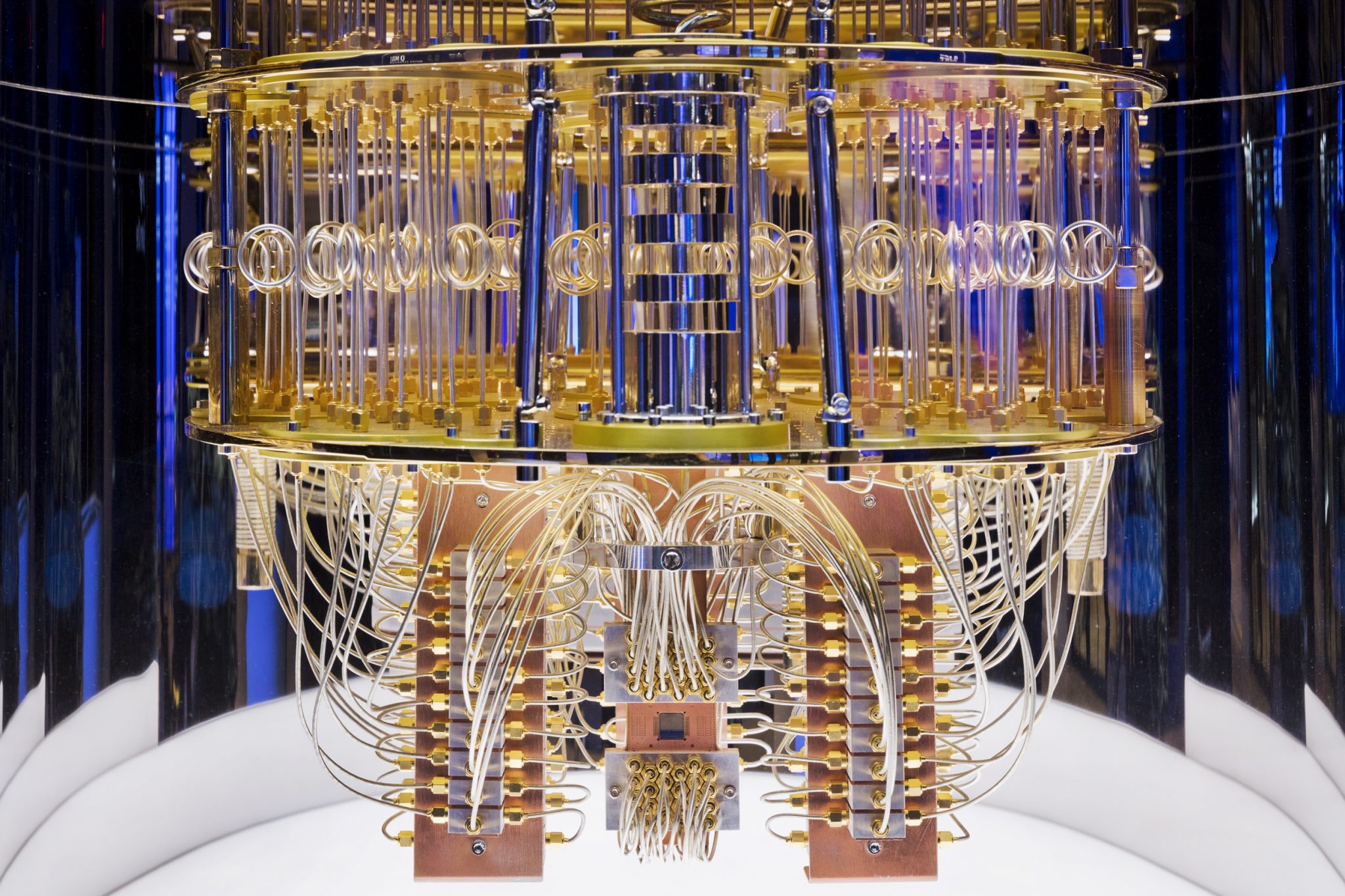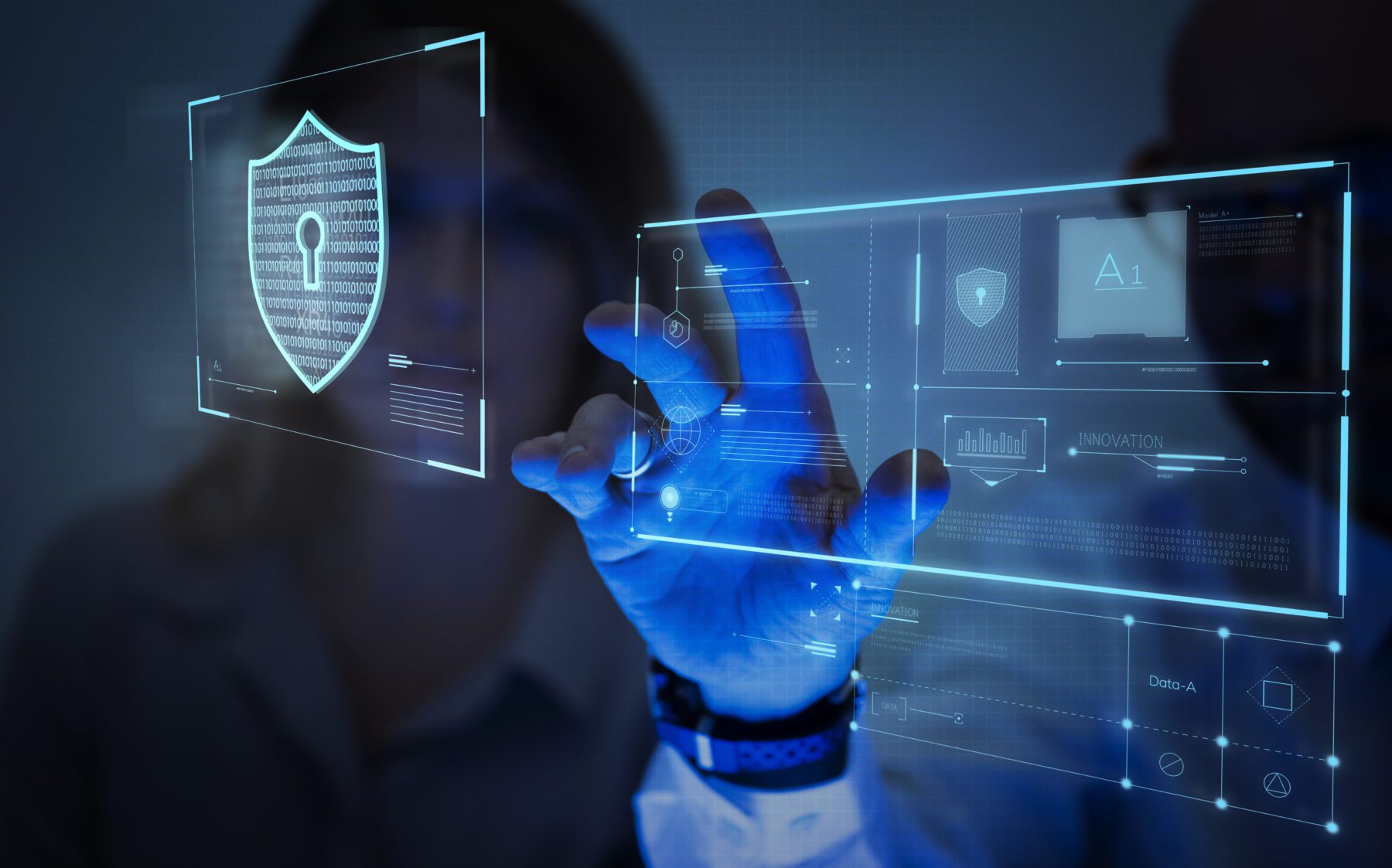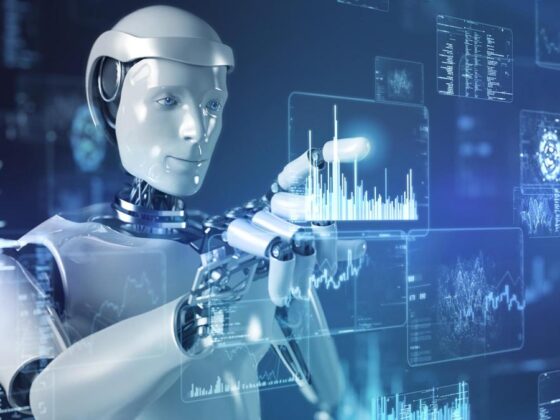Introduction
In the world we live in, technology seems to evolve at lightning speed. Every day brings new inventions and developments that redefine how we live, work, and connect. Staying updated with the latest tech trends is more crucial than ever, especially since these trends don’t just change businesses—they reshape society as a whole. Let’s dive into the most impactful technology trends shaping 2024 and beyond, helping us better understand the future.
Artificial Intelligence (AI) and Machine Learning (ML)

AI and ML are reshaping industries by automating complex processes and enhancing data analysis. In simple terms, AI is like a digital brain that can perform tasks typically requiring human intelligence, such as decision-making, speech recognition, and language translation.
AI in Automation: Transforming Industries
Automation powered by AI is making waves in sectors like manufacturing, healthcare, and retail. Machines can now handle repetitive tasks, such as assembling parts or even diagnosing diseases, allowing human workers to focus on more critical and creative roles.
ML in Predictive Analytics and Data Processing
Machine learning, a subset of AI, uses algorithms to learn patterns from data. This enables it to predict outcomes, which is particularly useful in marketing and finance. By analyzing customer behavior, ML helps businesses forecast trends and tailor their products to meet demand.
Challenges and Ethical Concerns in AI Development
While AI promises efficiency, it raises ethical issues, including privacy concerns, job displacement, and potential misuse. As AI grows more advanced, ensuring that it serves humanity rather than replacing it becomes essential.
5G Connectivity
The fifth generation of mobile connectivity, or 5G, is not just faster—it’s revolutionary. It promises ultra-low latency and speeds up to 100 times faster than 4G, which is transformative for businesses and users alike.
Applications of 5G in Different Sectors
From gaming to remote surgery, 5G unlocks new possibilities. For instance, in healthcare, surgeons can now perform complex procedures remotely, with real-time feedback, thanks to 5G’s high speed.
The Impact of 5G on IoT and Smart Cities
5G boosts the Internet of Things (IoT) by providing faster connections among devices. This enhanced network fuels the growth of smart cities, where everything—from traffic lights to energy grids—is connected and optimized for efficiency.
Internet of Things (IoT)

IoT refers to the vast network of connected devices that communicate and exchange data without human intervention. Imagine your fridge reminding you to restock groceries or your thermostat adjusting itself based on the weather.
IoT in Smart Homes and Cities
In smart homes, IoT devices make everyday life easier and more efficient. In cities, they optimize traffic, reduce pollution, and improve resource management, creating a more sustainable environment.
Security Concerns Surrounding IoT
As IoT grows, so do security risks. With so many devices connected, there’s an increased chance for cyber threats. Protecting these devices and the data they share is a growing challenge.
Edge Computing

Edge computing brings data processing closer to the source, which speeds up data analysis and decision-making. It’s particularly useful for applications where real-time responses are critical, such as autonomous driving.
Edge vs. Cloud Computing: Key Differences
While cloud computing centralizes data processing in remote servers, edge computing processes data near its source. This reduces latency, making it ideal for time-sensitive tasks.
Blockchain Technology

Blockchain is often associated with cryptocurrencies, but its applications go far beyond that. This decentralized and secure technology is finding its way into various sectors.
Blockchain Beyond Cryptocurrencies
Blockchain’s potential extends to supply chain transparency, digital identity verification, and even voting systems. By providing secure, tamper-proof records, blockchain builds trust in data authenticity.
Quantum Computing

Quantum computing is still in its infancy but has the potential to revolutionize industries. Unlike traditional computers, quantum computers can process complex calculations at unprecedented speeds.
Augmented Reality (AR) and Virtual Reality (VR)
AR and VR are transforming how we interact with digital content by merging it with the real world. While AR enhances real-world experiences (think of interactive shopping apps), VR immerses users in a fully virtual environment.
AR in Retail and VR in Gaming and Training
AR has found a home in retail, allowing customers to visualize products in real life. VR is popular in gaming and increasingly used in corporate training, enabling realistic simulations.
Cybersecurity Innovations

With data breaches becoming more common, cybersecurity is a top priority. AI-driven solutions and zero-trust models are now leading the charge in protecting sensitive information.
AI-Driven Security Solutions
AI can detect threats faster and more accurately than human monitoring, making it a valuable tool in cybersecurity. As cyber threats evolve, AI will play a critical role in defending against them.
Sustainable Technology
Sustainable tech is designed with the environment in mind, focusing on reducing carbon footprints and promoting renewable energy.
Green Computing and Energy-Efficient Data Centers
Green computing aims to make digital operations more energy-efficient. From reducing power use in data centers to promoting sustainable practices in IT, green tech is a significant step toward environmental responsibility.
Conclusion
Technology is advancing at an unprecedented pace, and its impact is felt across every industry. From AI to 5G, blockchain to green computing, each trend offers unique benefits and challenges. Embracing these trends responsibly will ensure they remain a force for good, driving progress and innovation for years to come.
FAQs
What is the biggest trend in technology today?
Artificial Intelligence remains a dominant trend, impacting various industries through automation and predictive analytics.
How is AI impacting everyday life?
AI enhances everything from personal assistants to health diagnostics, making life more convenient and efficient.
Why is 5G a significant upgrade in connectivity?
5G offers faster speeds, lower latency, and improved connectivity, which enable advancements like smart cities and IoT expansion.
How can technology support sustainability efforts?
Through sustainable technology, including energy-efficient data centers and renewable energy solutions, tech can significantly reduce its environmental impact.
What industries benefit the most from VR and AR?
The gaming, retail, and training sectors benefit greatly, as VR and AR provide immersive experiences and practical applications.


